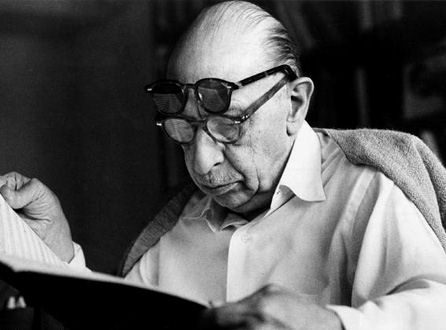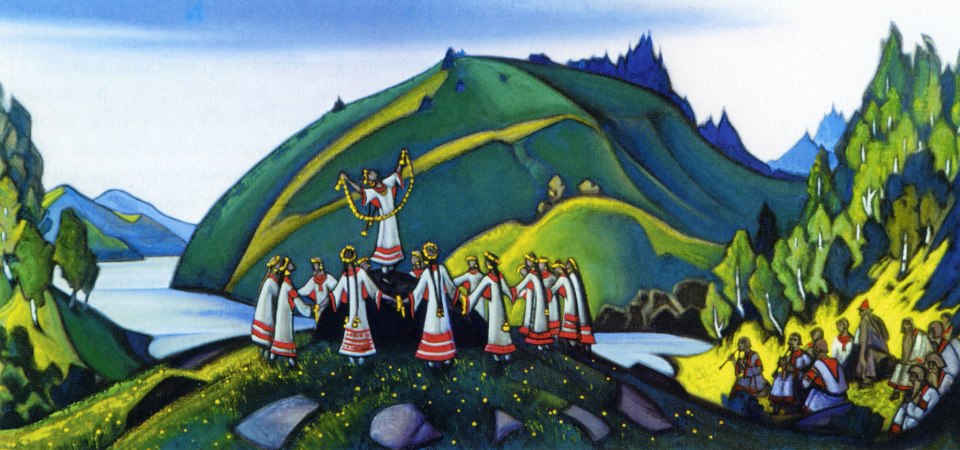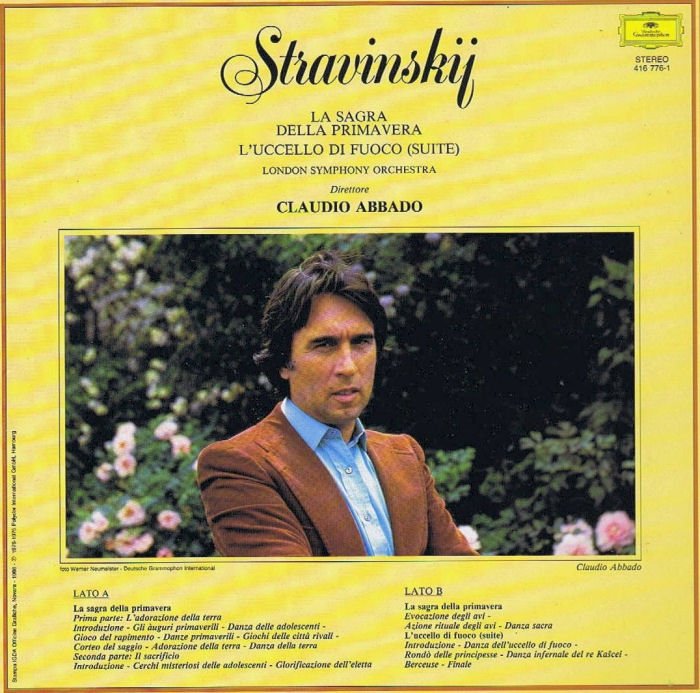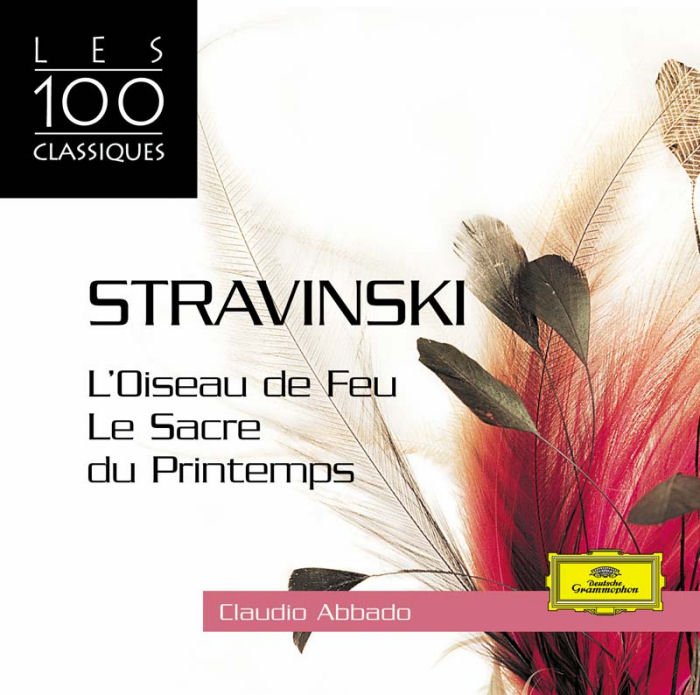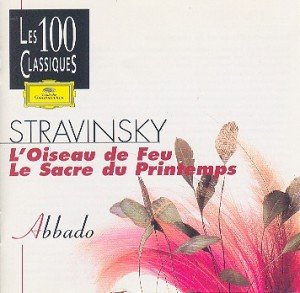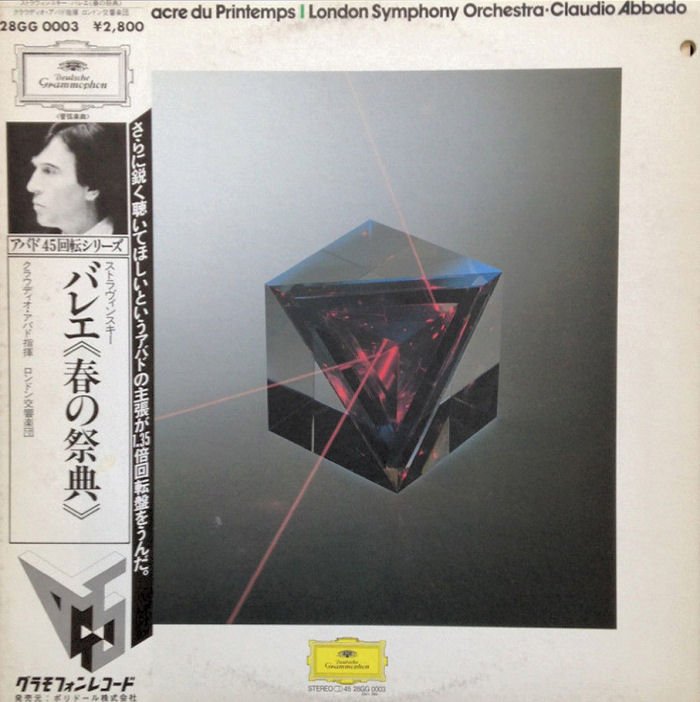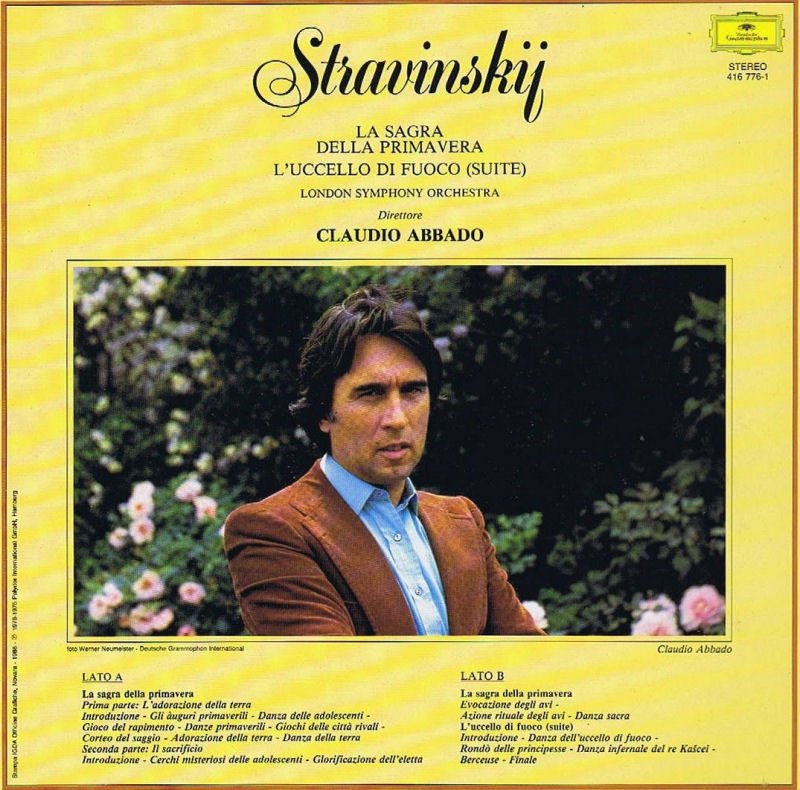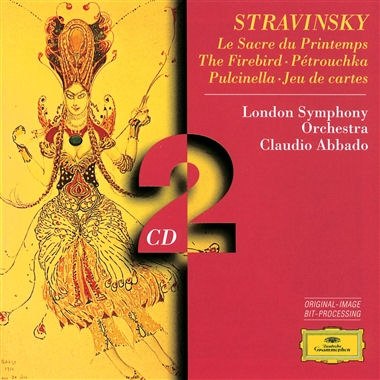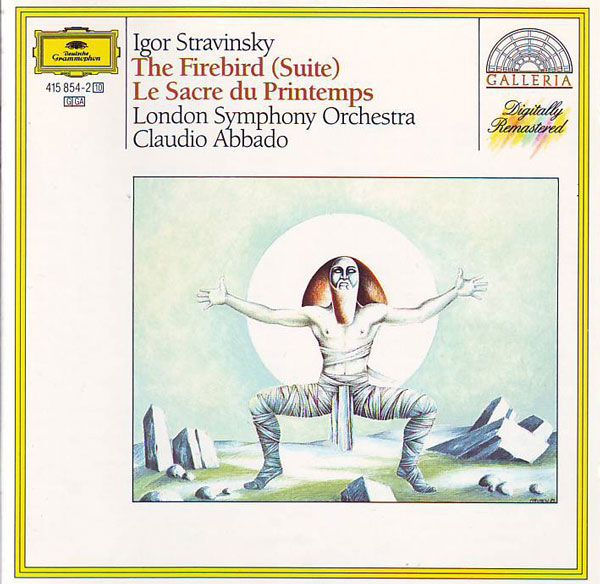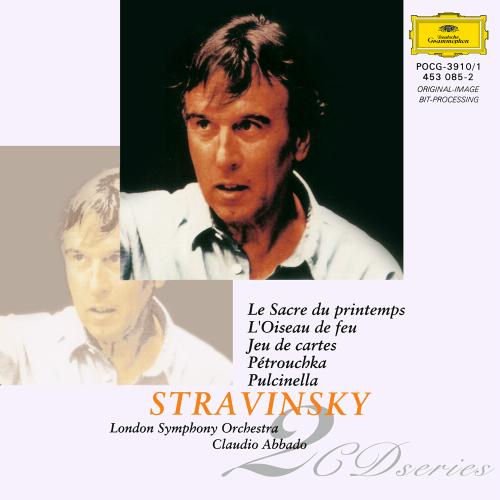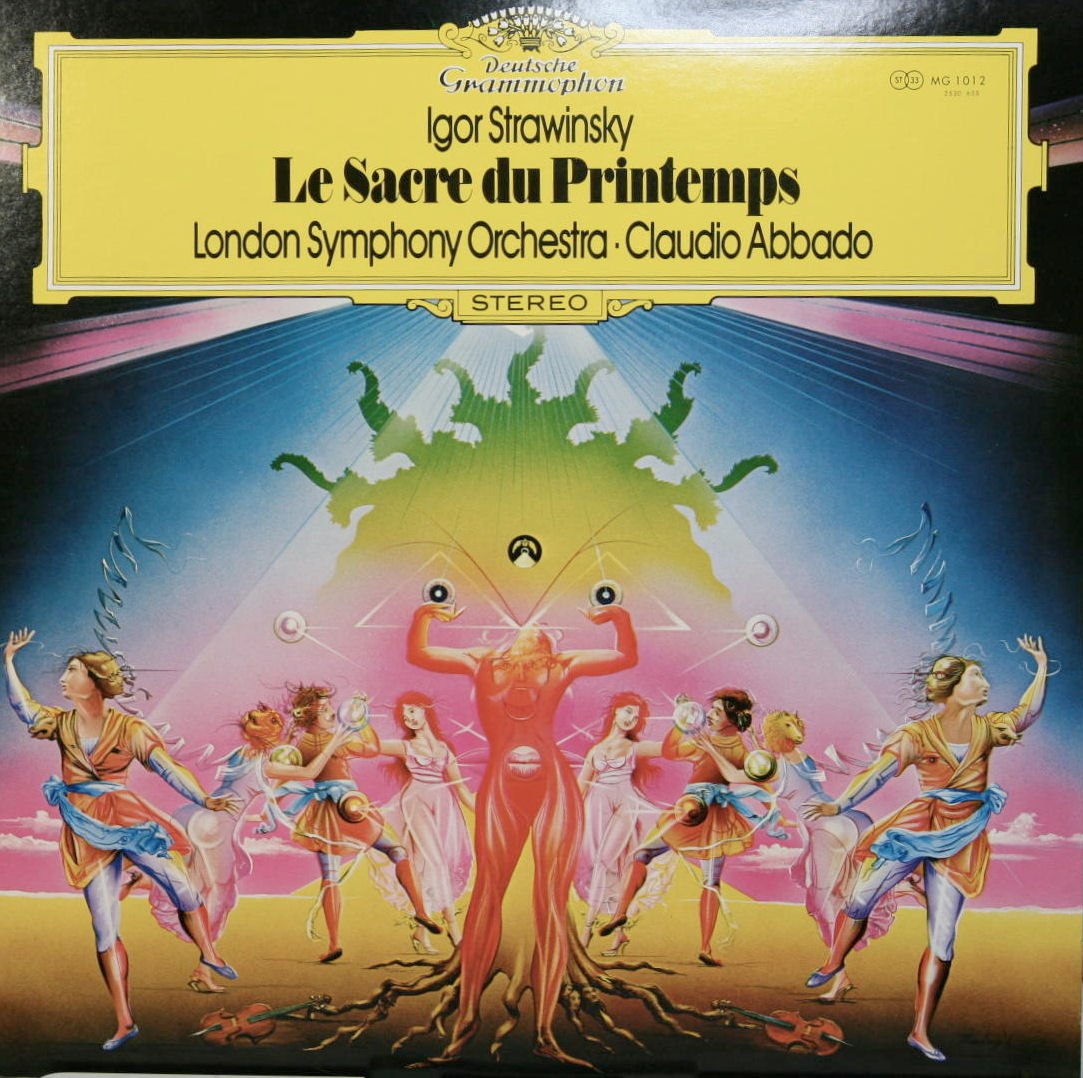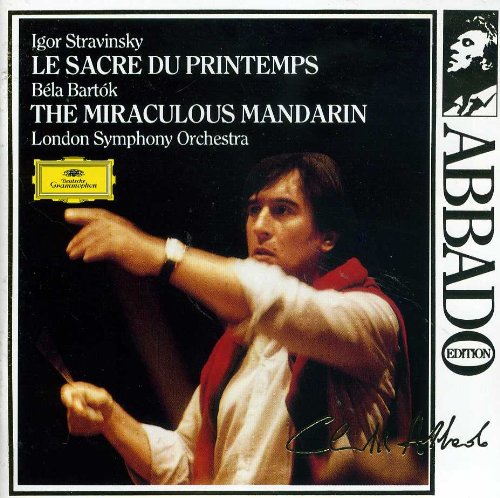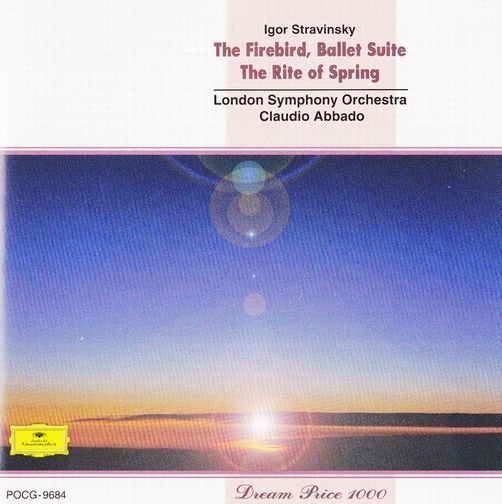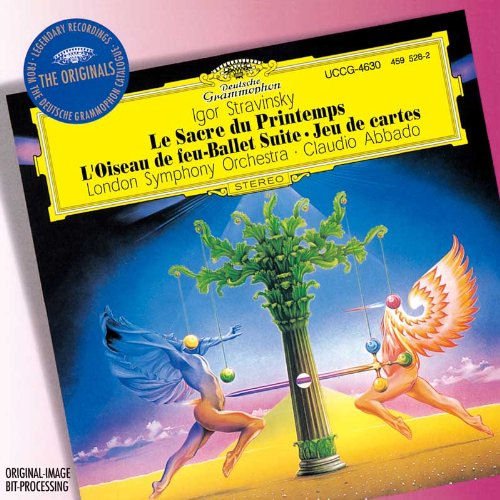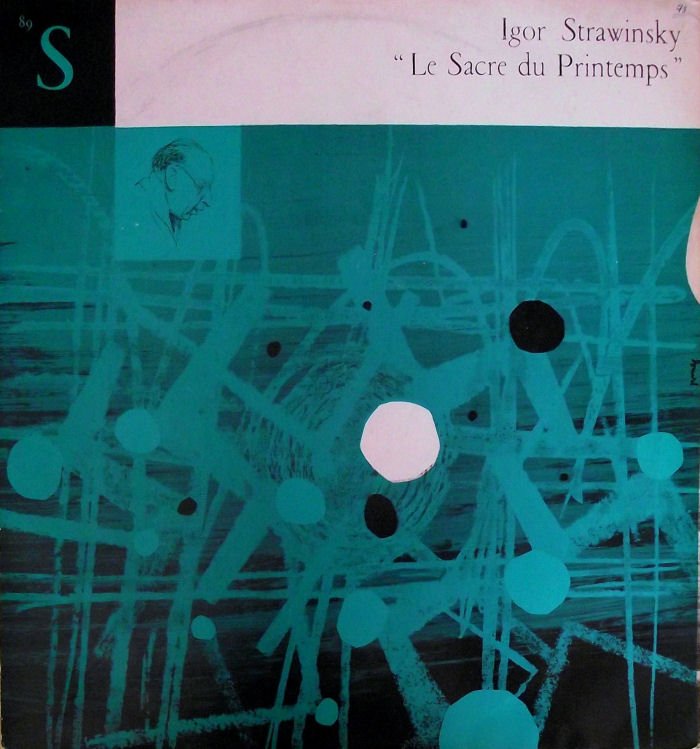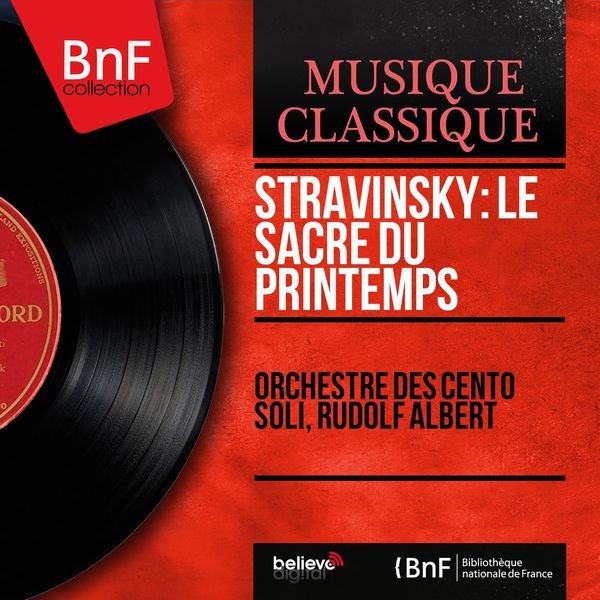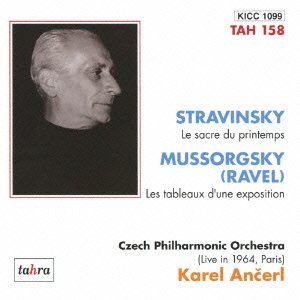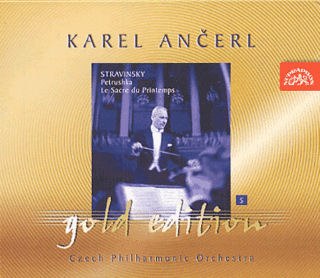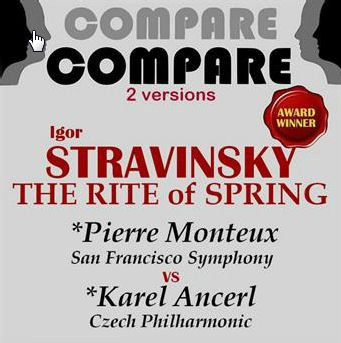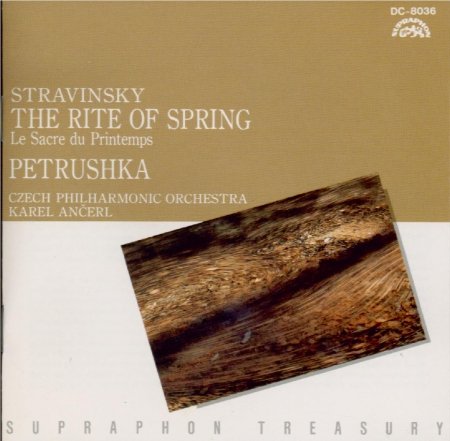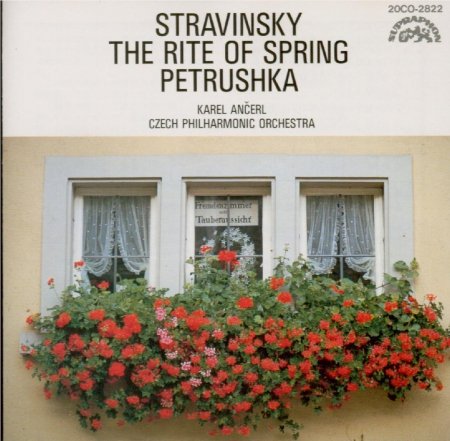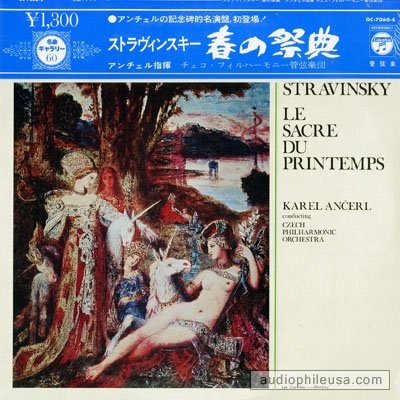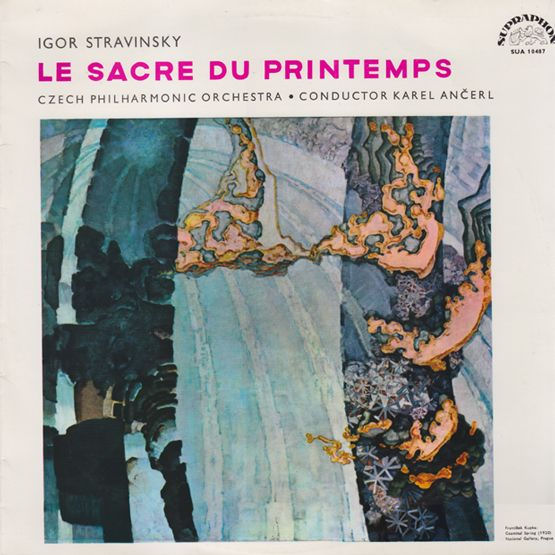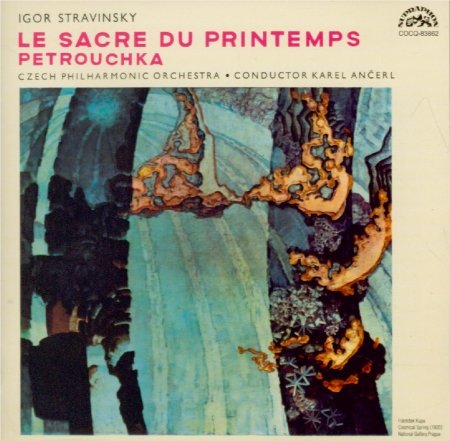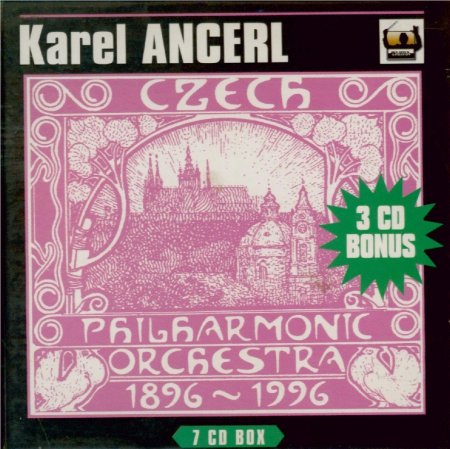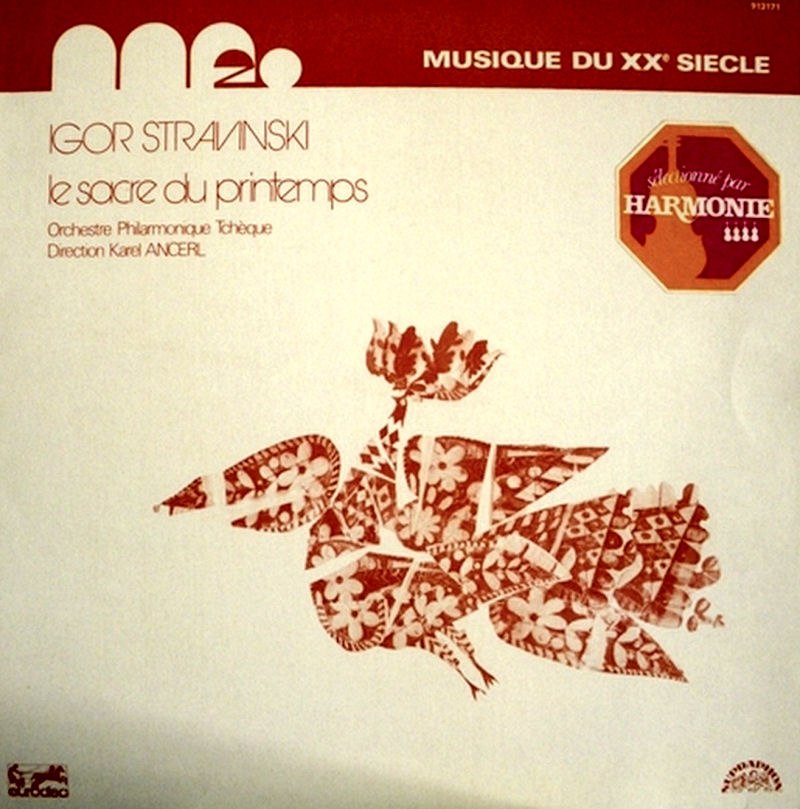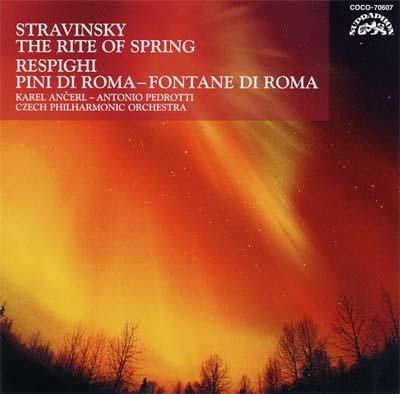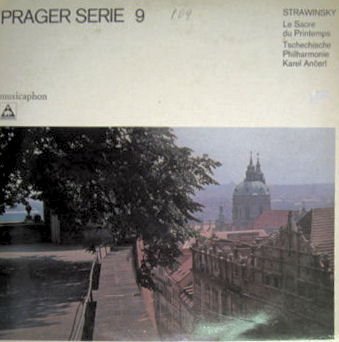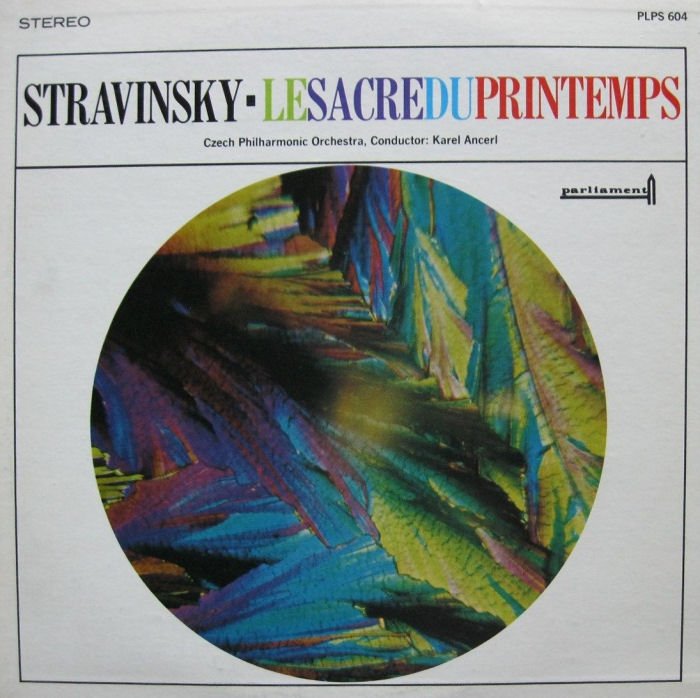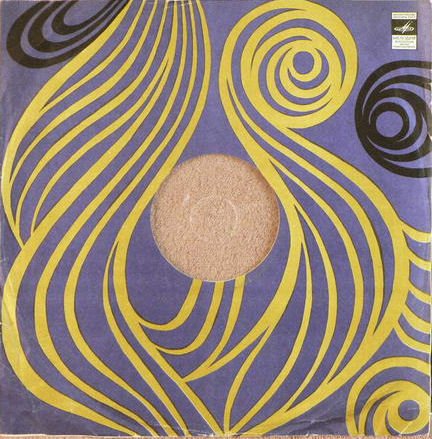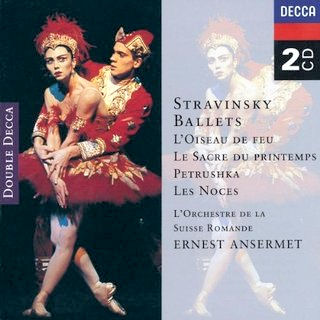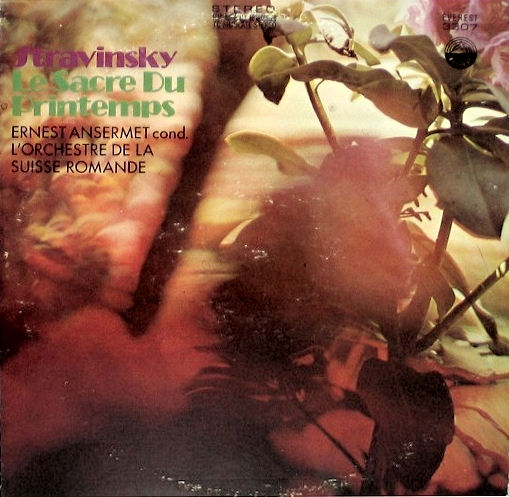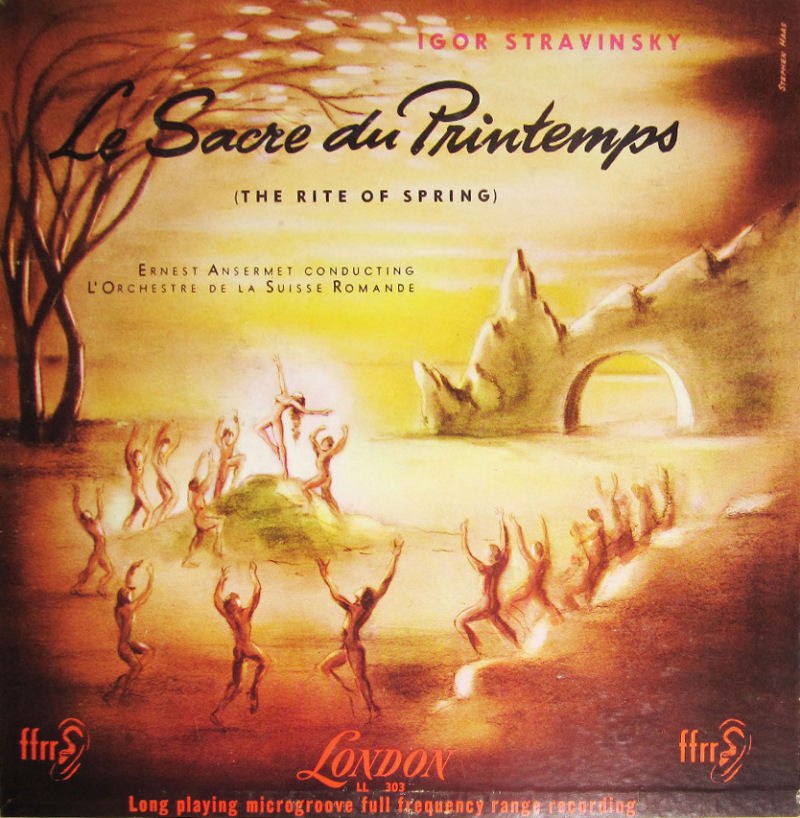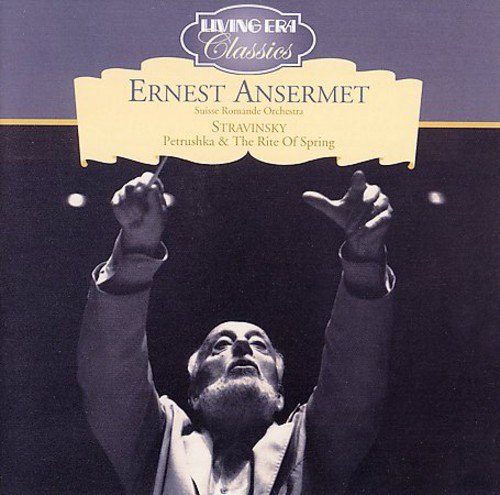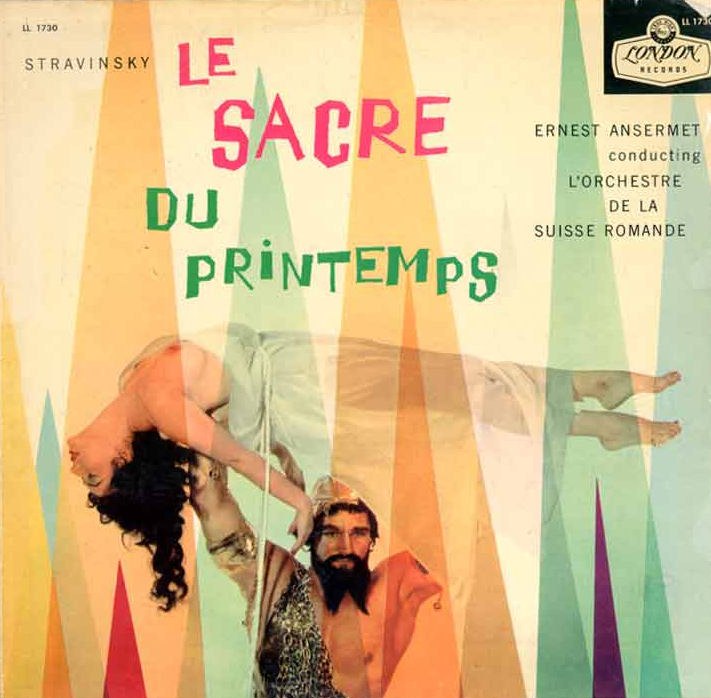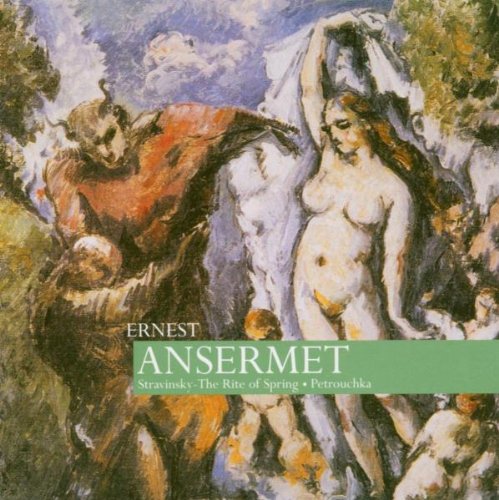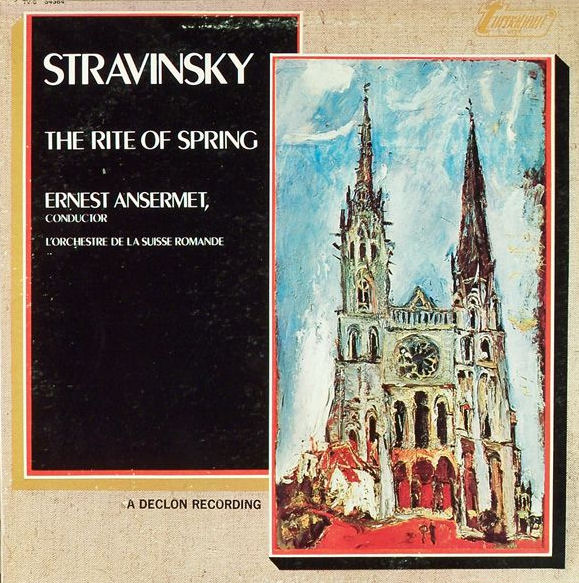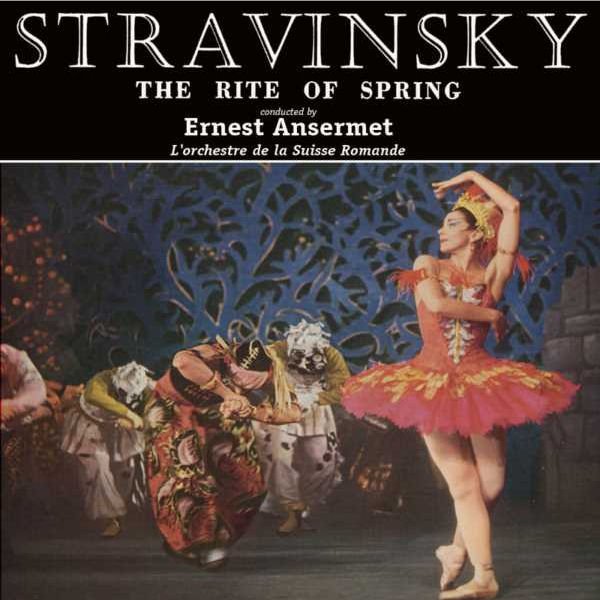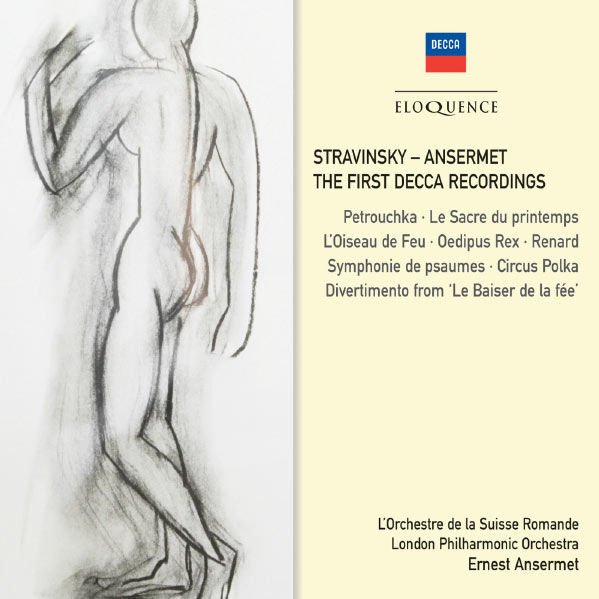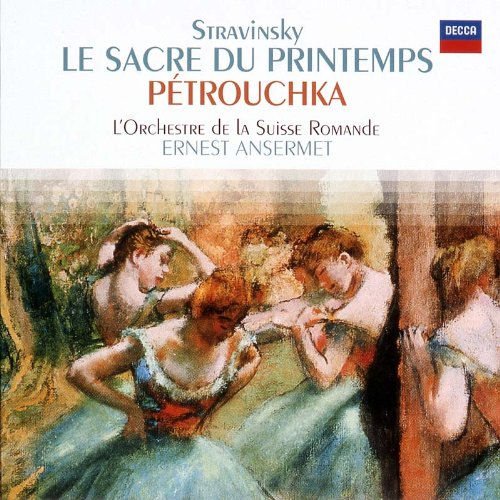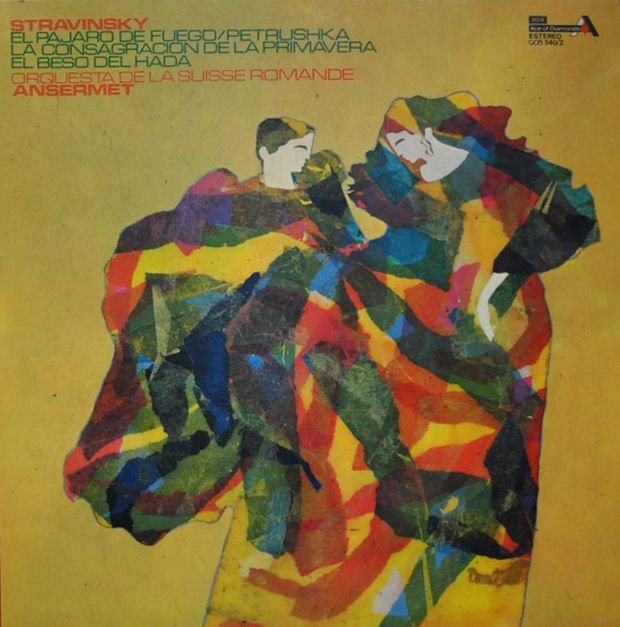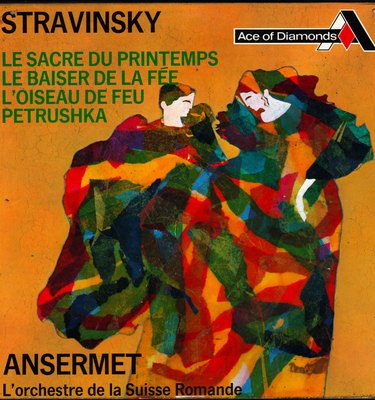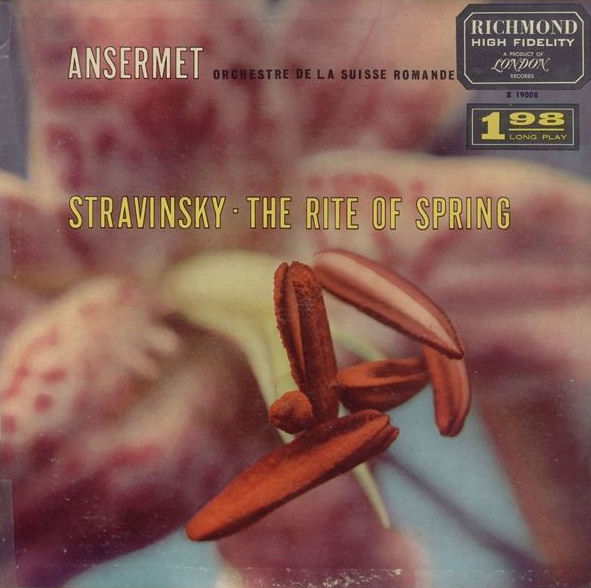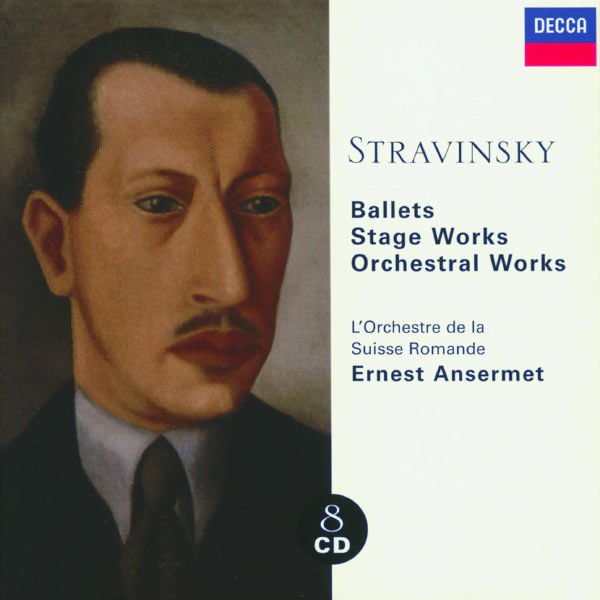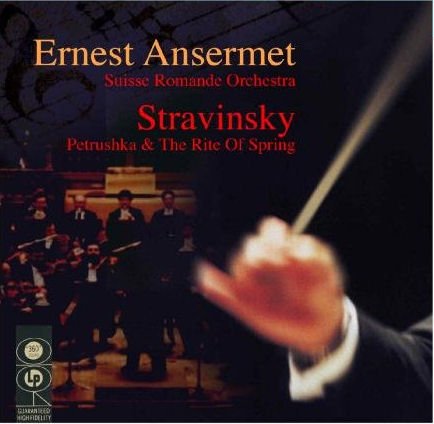More than thirty additional versions …:
55 – Yannick Nézet-Séguin – Philadelphia orchestra – 2013 –
I have been sufficiently critical towards this bulimic conductor (see) to be delighted to welcome this interpretation. Beautiful phrasing in the intro of I, then nice atmospheres. Beautiful sounds for Round Springs (superb recording). Everything else is at a very high level, with great instrumentalists, with tics and tricks from the conductor which we expected and occur (timpani at the beginning of the glorification…). The problem is that all this beautiful work doesn’t concern the listener very much…7,5** Karel Ancerl – Czech philharmonic orchestra – 1960 The darling of the French critics… The intro of I is correct, Dance of the young girls, fast, dry, very Petrouchka, the Game of abduction is very well built, etc.. This conductire has always been a mystery to me: admiration for such mastery as an execution plan superbly realized, but not a single measure does not affect me! I hesitate between 4 – boredom and almost 10 for admiration, it will be 7.5 since the end of the II comes alive and gets almost body … – Igor Markevitch – London symphony – 1962 – Live
Beautiful Intro I, then it is getting common, lacking of life. The most striking feature is the way he highlighted ending notes to announce the transition with following parts. 6.558 – Otmar Suitner – StaatsKapelle Dresden – 1962Heavy introduction but lively, Augurs of Spring inspired by socialist realism? Spring Rounds interest wanes a little later, the rest is of the same ilk, with fairly flat passages (Ritual Action of the Ancestors). In short, it does not stand out, despite a somewhat impetuous end. 6.5
59 – Riccardo Muti – Philharmonia orchestra – 1971
It’s beautiful, we recognized the personality of the orchestra, this is probably one of the best instrumental quality / conducting quality. Some idiosyncrasies of the conductor as in Verdi (a runaway gesture of some passages) which I always found quite impressive. Is it “great”? It reminds me of the Mass D. 950 Schubert I’ve heard in Saint-Denis, by Chung, Muti and Harding; every time I put on returning home Kubelík (live) to make sure the work was still better than what I heard … But the best was undoubtedly Muti. 8
60 – Sixten Erhling – Swedish Radio symphony orchestra – 1988
No Swedish matches here to fire, very elegant passages, a nice release. 6,5
61 – Simon Rattle – City of Birmingham symphony orchestra – 1989
Beautiful tones in the intro of I, but without relief or special entertainment. Same for the rest, it’s clean, nice, beautiful colors, but you get bored. 6.5
62 – Alexander Rahbari – BRT philharmonic orchestra – 1990
This is not bad as someworst just prestigious on paper, good intentions of the conductor, but the orchestra is not really up to. 6
63 – Yuri Simonov – Royal philharmonic orchestra – 1993
We finally known little about this great Russian conductor, who is now 73 years old. We remember being amazed to see a blind discography overcome by him in Prokofiev’s First, a virtually unknown recording. The qualities of a true technician of the orchestra can be perceived here, with specific attacks, full sounding of the instruments, very few fluctuations in tempo and everything works fine. The intro I lacks a little of finesse, but works very well, A striking Game of abduction, in fact entire I is stunning. The II is superb, with a striking Glorification of the Chosen, a little Rimsky and perhaps lacking a bit of wildness in the end. Say compared to Ozawa, Karajan, Svetlanov, Kubelik, Monteux, it seems a little less sophisticated but equally effective and eventually as ‘artist’. And this is probably one of the few where we have the impression of seeing the score in front of our eyes. 8

64 – Daniel Barenboïm – Orchestre de Paris – 1994
Intro with phrasing worked very slow, sound lacking of aeration, then it does “not do it” it’s flat, as in many other versions, when the impulse is not there, you can make all the effects of the world, it does not work. Young girls hop nicely, then nothing works, it is like soup, I think that without a conductor and with a correct sound it would have been better … Curious when we remember the beautiful Debussy Barenboim / DG in Paris.
I quickly listend to the II, consciously: the beginning is quite poetic and then interest collapses, it becomes soft. I stop there. 3
65 – Eiji Oue – Minnesota orchestra – 1996
“A 24-bit HDCD Prof. Johnson.” A recording which seems to be holding its promises, an intro both sounding and bouncy, later percussion like gun. The set is quite lively, virtuoso, but with many passages – linkage – vacuum… Spring Rounds are a really fleeting season. A sharp reading, emaciated, alive, but seeming away barlines, finally follows the letter … Drummers apparently have confidence in their leader, but the end of I was very lively and beautifully done. “Prof. Johnson” has too much bass still some phrasings are a bit flat, but despite the grandiloquence of the sound is very well run and the orchestra is doing well. 7
66 – Zubin Mehta – New York philharmonic – 2007
In the “DG Concerts” series. A very articulate and lively intro, atmosphere, colors, everything is well done, but a little flat. Beautiful Spring Rounds. The rest to match: a deluxe version, engaging with a true conductor, but lacks a bit of nerves. 7
67 – Marc Soustrot – Orchestre des Pays de la Loire – 1994
The days when you could still edit CD “province” orchestras . One has the impression that we lack nome notes in the intro … Let’s say it is very correct, including a beautiful final dance. 6.5
68 – Lorin Maazel – Symphonieorchester des Bayerische Rundfunks – 2009
“The”conducting technician, as confirmed me conductors I’ve met, even if he has given in recent years to lesrather unequal results. It’s nice, neat, tidy, a little “Rimsky” but for chills or savagery, we can forget … 6.5
69 – Eliahu Inbal – Philharmonia orchestra – 2011
I was “angry” with this conductor from the Henri-Louis de la Grange rave reviews on his Mahler cycle in Frankfurt, which in retrospect did so wrong to Mahler and him … It starts very involved in the slower tempo of the selection, we have a good balance between the parties, then this animated without compromising readability. Augurs of Spring is correct, a good Ritual of Abduction, the second part of the Spring rounds is also very well done, the sound is not top quality (it seems curiously varying over pieces, some audible fixtures) and everything seems to wane later on.
Beautiful moments yet in II (Mystic Circles of the Young Girls), the Glorification of the Chosen One is a bit thick (1947 version), the end is good but lacks tension. 7
70 -Tugan Sokhiev – Orchestre national du Capitole de Toulouse – 2012
correct Intro, some socondary lines not really audible, it seems a little loose, then it is fast and singularly lacking in presence, the sound does not help. Looks like a band trying to accompany the balle: it is is enough air but lacks of sound consistency. The rest is of the same kind. 6
71 – Daniele Gatti – Orchestre national de France – 2013
A quiet intro, well modulated but static: from 1’30 “we know that nothing will happen! It is not enough articulated, batty, rhythmic, living what. Thereafter, nothing happens at all, a quasi-nothingness, like Barenboim / Orchestre de Paris, a shame for the country that saw the creation of this work … you can even hear the musicianshaving some difficulties, the rest is of the same lukewarm water. 5
72 – Simon Rattle – Orchestre philharmonique de Berlin – 2013
The intro is stamped, raised, exotic but then a little wobbly. The Augurs seem very cushy, Dance adolescent is static. Spring rounds give a good image of the emaciated sound of the orchestra (when one sees the names of potential successors at the head of the orchestra, one trembles…). Beautiful sounds are then found some, beautiful atmospheres alike, but it has little interest. 6
73 – Ken-Ichiro Kobayashi – Japan Philharmonic Symphony orchestra – 2000 – Live
A conductor (1940*) highly esteemed, especially in Hungary (although I will have to make a survey about the Japanese orchestras, like Russian ones…). Intro very careful, Augurs well hopping, the intention is much more focused on the detail than to the whole, it’s likeJapanese soup – in a good way, they are usually extraordinary – but Russian pagan is absent. The rest is of a superb elegance – without it being cutesy – this is lively, with a very poetic Intro II; in short, it is very well kept, again very elegant, with a Sacrificial dance performed superiorly; certainly a great conductor. 7
74 – Yakob Kreizberg – Orchestre philharmonique de Monte-Carlo – 2013 (live)
Very nice introduction, Augurs of Spring then a lack of impact due to a little distant recording. This is a version where you can hear most things. The Spring Rounds are mysterious to perfection, aso.. Rhythmic holding evidence sequences, tempi allowing more often both to maintain attention and get involved atmospheres. 7.5
75 – Charles Mackerras – Orchestre philharmonique de Londres – 1988
It starts pretty well, the introduction is lively Dance of the young is conducted at a fast tempo, but after a while we seek what may characterize a real interpretation. The rest is of the same kind: it is very well run, live, but lack of necessity. 7
76 – Michel Tabachnik – Brussels philharmonic – 2013
It is very decided, we feel that it will be “driven hard”, even if we will not have the most beautiful tones in the world. Even if it is already far, it reminds me of the Craft release. The Augurs are fast, but supported, live. This is a conductor who “leads”: we do not even have time to “analyze” what happens! We are immersed in the work and we know it will not let you; orchestra quality apart, it would be as good as Ozawa / Chicago, the exotic Karajan apart! 8.5
77 – Igor Markevitch – RIAS Berlin – 1952
This is live. The intro is messy, the orchestra sufferst, then it is very dry, it is often caricatured, brief. 5
78 – Pierre Monteux – Orchestre National de France – 1952?
Close recording, tones; one feels that he knows it inside out. The intro is beautifully arranged despite a limited orchestra, it looks like craftiness! Given the sound, the Augurs are very ‘planks’ … It’s interesting, very “nature”, it gives the impression that it is very easy to conduct (less to play it seems: panic at the end …). And despite the shortcomings of the recording, we listen to it from the beginning to the end, the end of I is relentless. We find the same evidence in the early II and afterwards. A lesson in conducting. 7.5
79 – Alan Gilbert – New York Philharmonic – 2012 – Live
Intro I quite virtuoso, it is then in a measured motorism, but led, super flutes, highlighting certain wind passages confers a taste of ‘Star Wars’. This conductor knows everything – probably the best of all at the orchestral balancesthere are passages alla ‘Stokovsky or Karajan, it is full of ideas, it is very intelligently conducted, Dance of the Earth for example.
The intro II is superb in its sonic strengths, delivering a sort of anguish; more than a conductor, he looks like a painter with a beautiful palette, the New York Philharmonic . A little madness more and a better sound recording, it would have been perfect. 8
80 – Daniel Barenboïm – New York Philharmonic – 2011
After the sinking of the version with the Orchestre de Paris, here we are in New York: it starts badly, the intro is busier but less poetic. The sound, a little monochrome is alive, dynamic and favors the quartet (with a background rumble listening through headphones); but compared to Paris seven years earlier, we have a conductor on the platform, obviously with a bit fluctuating tempos, in a rather lyrical approach, say we have the muscle but it lacks nerve. In general, for the level of tones and phrasing, a little more distinction would have been appreciated. But it works quite well, the end of II is a bit “hard”. In short a version “big fishing in the Atlantic with a Budweiser reserve,” but it has its charm … “. 7.5
81 – Vladimir Fedoseyev – USSR State Symphony Orchestra – 1991
A flat beginning and attempts to characterize tiones and phrasing. Attempts to do so in Russian, pagan, attempts, because in this a rather slow version, everything is too metric to cause excitement. But work on the notes, balance (great intro II) make a very good release. 7
82 – Neeme Järvi – Orchestre de la Suisse romande – 1994
10 years before the recording of one of his sons, Paavo, Cincinnati (5), will it be better? The intro is not very clean, after it is too quiet, the rest is ok, but does not generate much interest. 6
83 – René Leibowitz – London Festival orchestra – 1962
A champion of the 2nd Viennese School, an underestimated conductor (cf.). It is not very clean, the balance is curious – but it is original – it changes … It is generally slow well built, we feel that each phrase was very worked, some passages are unprecedentetly slow, to the limits, Celibidache like, giving unheard tones & atmospheres. A model for brass and the rest (strings …). 8
84 – Dobrin Petkov – Plovdiv Philharmonic orchestra – 1969
No Plovdiv does not come from King Ottokar’s Sceptre, it is the second largest city in Bulgaria (340 000 h), Dobrin Petkov (1923-1987) is not an alias as for some Vox reissues (for example: Rome symphony orchestra – Leonardo Scotti instead of Jacha Horenstein – SWDR orchestra Baden-Baden). He was one of the main figures of music in Bulgaria. This recording, apparently in 1969, although mono-it seems, is a success story. An orchestra of an excellent standard, an infallible rhythm, catchy tones, moving moods, without some exaggereted interventions and a timpanist with a bit of more swing, it was perfect! 8
85 – Benjamin Zander – Boston philharmonic orchestra – 1992
Intro 1: It’s clean, but without great nécessity. A tunnel in the Augurs. A beautiful Ritual of the Rival Tribes, but then one has the impression of lack of air between the desks. The intro II: a true interpretation, with a beautiful climate. The rest is just okay. 6.5
86 – Thierry Fischer – BBC National Orchestra of Wales – 2011
Live recording, lacking a bit of presence, it is alive, well conducted, including a discourse based on the bass line. Say a very good concert. 6.5
89 – François-Xavier Roth – Les Siècles – 2014
It was inevitable that it happens, a Rite on period instruments… It is limited to 1′ per piece but it gaves an idea oth whole picture … That lack of sonic level and presence. Some beautiful tones(flutes, violins), everything is very “ballet”, fast dancing, but a little bouncy – the use of “old” instruments does not necessarily give a shipwreck, but does not give more despite the great qualities of the conductor, an perishable release. 6
90 – William Steinberg – Pittsburgh symphony orchestra – 1953
An intro done well, everything, despite the mono, is very much alive, a little too large orchestra, the Rounds start superbly after it gets bogged down a bit. An endearing release however, quite personal, particularly for instrumental equilibrium. 6.5
91 – Albert Wolff – Vienna Festival orchestra – 1961
One of the slower versions. The intro I especially. It is very detailed. Dance of the young is a bit heavy, bad editing. Everything is too slow, but details! Pity that the report is not excellent.
Found in the intro II this amazing ability to differentiate as notes and sound plans. A too slow version, badly restored, but very original. 7
10/23/15 – 92 – Teodor Currentzis – MusicAeterna – 2015
When we saw the conductor and that it was the MusicAeterna orchestra (see their latest Moldau …) we expected the worst. Not at all ! it’s very lively, contrasted, atmospheric, just some notes at the beginning of Games of the rival tribes made me wince a bit. The orchestra is very virtuosic, beautiful sounds, really we do not recognize it… I read contrasted criticiss: one finds this emollient, the other finds it is a revolutionary reading – it is neither the one nor the other, just alive and enthusiastic. 8,5
Update October 2018:
Andrés Orozco-Estrada – Hr-sinfonieorchester, Orchestra – 2016
Vasily Petrenko – Royal Liverpool Philharmonic Orchestra – 2017
David Robertson – Sydney Symphony Orchestra – 2017
Lorin Maazel – Orchestre National de la RTF – 1957
Jean Martinon – Orchestre National de la R T F – 1956
Riccardo Chailly – Lucerne Festival Orchestra – 2017
Ken-ichiro Kobayashi – London Philharmonic – 2018
Gustavo Gimeno – Orchestre Philharmonique du Luxembourg – 2018 (goodversion)
Davis Bernard – Park Avenue Chamber Symphony – 2018 |


